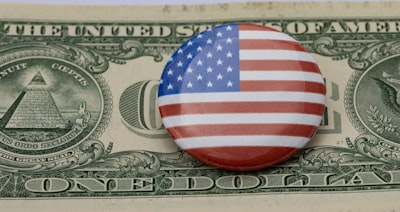Summary
The article details how, following deep cuts to US foreign aid under President Donald Trump—including the closure of USAID—some of the world’s poorest countries (such as Somalia, Haiti, Yemen, Pakistan, and the Democratic Republic of Congo) have resorted to paying millions to lobbyists connected to Trump’s inner circle. These deals, worth at least $17 million within six months of the last US election, often involve trading away lucrative access to critical natural resources—minerals like lithium, cobalt, and coltan— in exchange for humanitarian or military aid. Global Witness, the investigating organization, warns these arrangements expose vulnerable countries to exploitation, given their weak bargaining positions and the intertwining of aid with American geostrategic interests.
Analysis
These developments reflect a profound shift in US foreign policy and international development priorities. By dismantling USAID and slashing aid, the Trump administration formalized a transactional, quid pro quo approach to foreign relations: humanitarian assistance is made contingent on direct national security or economic benefit, often orchestrated through well-connected lobbying firms. The motivations are clear: with rare earth minerals considered vital for US (and global) tech and defense industries, American policymakers are competing with China’s dominant supply chains by making resource access a central focus of aid negotiations.
The article highlights multiple conflicts of interest and the revolving door between the Trump administration and lobbying groups, raising ethical red flags. While lobbying is not new in Washington, the context here—countries with acute humanitarian crises forced to barter away natural resources—suggests a deepening global power imbalance. Deals are not made on equal terms, and the needs of impoverished populations risk being sidelined by the scramble for strategic resources.
Discussion
This story resonates well beyond the specifics of the Trump administration. It is a window into the broader dangers of aligning humanitarian policy so closely with immediate political or commercial advantage. Once development aid is overtly conditional on resource access, the original purpose—to reduce suffering, foster stability, and promote mutual prosperity—becomes diluted. The case of the DRC, where humanitarian needs are eclipsed by mineral interests, echoes a long history of exploitation under the veneer of assistance.
It is also a cautionary tale about the power lobbyists wield in US foreign policy, especially under administrations that blur the lines between public service and private gain. If aid is reduced merely to leverage for mineral riches or military basing rights, what becomes of global development goals, or the moral rationale behind supporting the world’s poorest?
Another critical question is what alternatives exist for vulnerable countries. When faced with existential crises and cut off from traditional aid, to what extent do they really have agency, and how can the international community prevent outright resource extraction in the guise of assistance?
Ultimately, this subject matters because it shapes how the US is perceived on the world stage and highlights the risks when national self-interest overwhelmingly trumps global solidarity. In a world where multilateralism is already under strain, the corrosive impact of viewing the world’s poorest mainly as a means to strategic ends could have grave consequences—for security, for prosperity, and for the very idea of humanitarianism.

Comments
No comments yet. Be the first to comment!